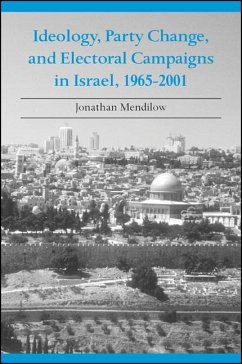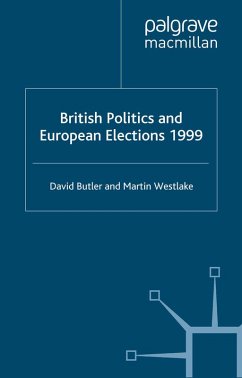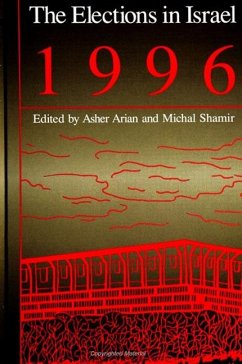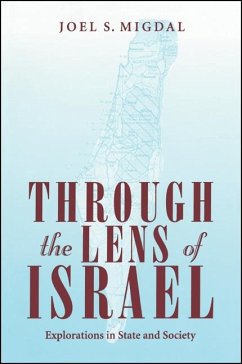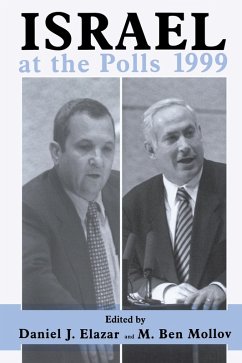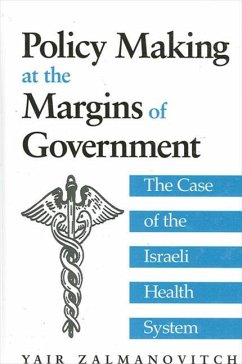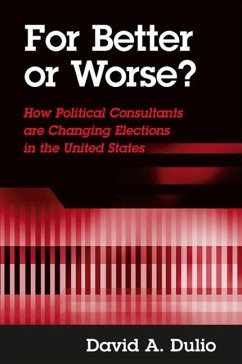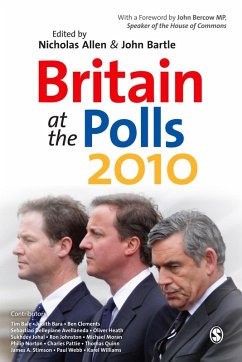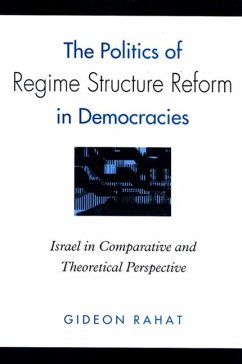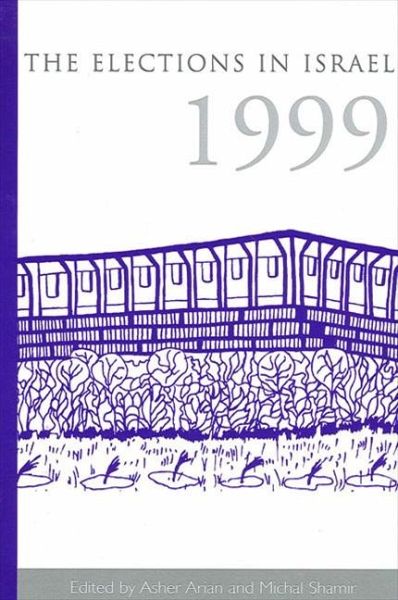
The Elections in Israel 1999 (eBook, PDF)

PAYBACK Punkte
14 °P sammeln!
Considers the impact of the 1999 Israeli elections.This volume highlights Israel's 1999 elections, in which the prime-ministerial race between incumbent Benjamin Netanyahu and Ehud Barak ended with Barak winning by the biggest landslide ever in Israel. Although some observers interpreted these results as a fundamental shift in public opinion, there is little evidence to support this. The book shows how old patterns funneled into a new system of voting produced the 1999 results, where a weak candidate (Barak) bested a wounded prime minister (Netanyahu) abandoned by most of his political allies....
Considers the impact of the 1999 Israeli elections.
This volume highlights Israel's 1999 elections, in which the prime-ministerial race between incumbent Benjamin Netanyahu and Ehud Barak ended with Barak winning by the biggest landslide ever in Israel. Although some observers interpreted these results as a fundamental shift in public opinion, there is little evidence to support this. The book shows how old patterns funneled into a new system of voting produced the 1999 results, where a weak candidate (Barak) bested a wounded prime minister (Netanyahu) abandoned by most of his political allies. Leading social scientists from Israeli and American universities, using a variety of approaches and coming from diverse intellectual traditions, address topics including the emergence of political blocs, strategic voting, and split ticket voting. In addition to major party performance, special interest parties-who did better than ever in 1999-are also discussed, such as the haredi, ultra-orthodox, non-Zionist Shas, the anti-haredi secular Shinui, two parties appealing to former Soviet émigrés and Arab parties.
This volume highlights Israel's 1999 elections, in which the prime-ministerial race between incumbent Benjamin Netanyahu and Ehud Barak ended with Barak winning by the biggest landslide ever in Israel. Although some observers interpreted these results as a fundamental shift in public opinion, there is little evidence to support this. The book shows how old patterns funneled into a new system of voting produced the 1999 results, where a weak candidate (Barak) bested a wounded prime minister (Netanyahu) abandoned by most of his political allies. Leading social scientists from Israeli and American universities, using a variety of approaches and coming from diverse intellectual traditions, address topics including the emergence of political blocs, strategic voting, and split ticket voting. In addition to major party performance, special interest parties-who did better than ever in 1999-are also discussed, such as the haredi, ultra-orthodox, non-Zionist Shas, the anti-haredi secular Shinui, two parties appealing to former Soviet émigrés and Arab parties.
Dieser Download kann aus rechtlichen Gründen nur mit Rechnungsadresse in A, D ausgeliefert werden.




